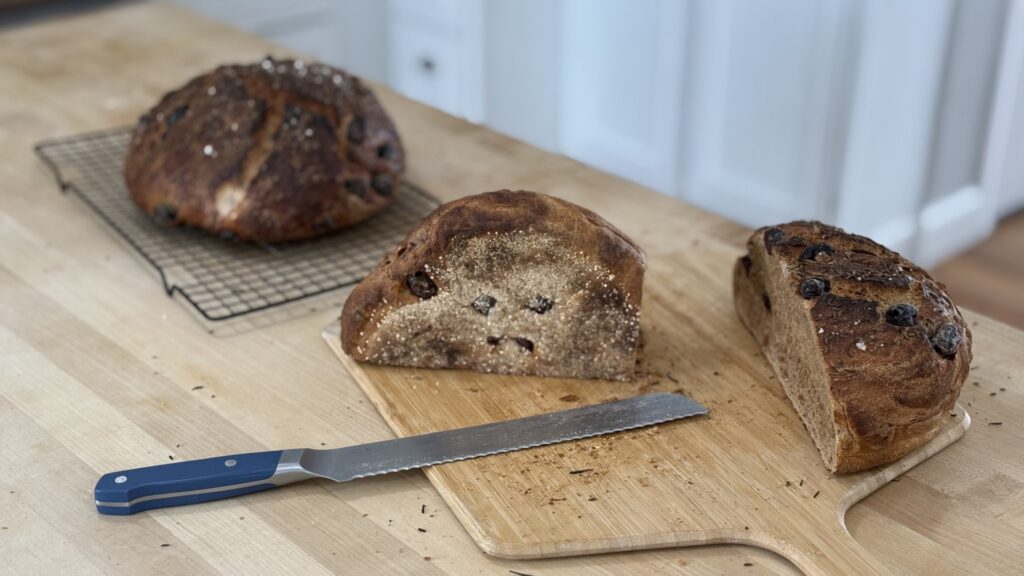Transform your life by learning to Sleep Right. Quality sleep is non-negotiable for looking and feeling your best every day.
“No Worries Day”: Why You Need One (and How to Actually Make It Happen)
Unwind with the idea of a No Worries Day. Embrace scheduled moments of stillness away from your busy routine.
Stay Steady, Stay Strong: Reclaim Your Balance Today
When we think about staying healthy and active as we age, most of us jump to strength training, cardio workouts, and maybe some flexibility work. And that’s great—those pillars of fitness are absolutely essential. But there’s one critical aspect of health that often gets overlooked until it’s too late: balance.
Outrun Aging: Unlock Your Best Cardio Fitness at Any Age
Have you ever wondered why some people seem to stay active and energetic well into their later years while others slow down dramatically? A major factor is cardiovascular fitness. Our cardio capacity naturally declines as we age, but that doesn’t mean we’re powerless to stop it. In fact, with consistent effort, we can maintain and even improve our endurance, ensuring that we continue to enjoy the activities we love for decades to come.
Stronger for Life: Build Muscle, Stay Vibrant as You Age
Staying active as we age is one of the best ways to ensure a long, healthy, and fulfilling life. However, when it comes to exercise, many people have historically focused more on cardio while overlooking one key factor: strength training.
Say Goodbye to Sitting: Energize Your Life Now
For many of us, sitting has become the default posture of modern life. We sit while working, driving, eating, and relaxing. It’s no surprise that researchers have dubbed sitting “the new smoking” because of its severe health implications. The good news? By making a few mindful changes, you can counteract the negative effects of prolonged sitting and improve your overall well-being.
Coming Full Circle: Transform Your Life with Mindful Eating
Over the past two years, my personal health journey has been nothing short of transformative. From being overweight and under-muscled, I’ve worked diligently to achieve a strong, lean body with healthy levels of body fat (currently around 10%). This journey required a focus on body composition changes, involving precise nutrition and exercise strategies. But now, as I’ve reached a point of maintenance rather than transformation, it’s time for a new phase—one that shifts from targeted interventions to a steady-state approach rooted in balance and sustainability.
Super Easy: Bake Your Own Healthy Bread with Uli!
If you’ve ever tasted Uli’s homemade bread, you know how amazing it is—crusty on the outside, soft on the inside, and packed with healthy ingredients. The best part? It’s incredibly easy to make!
Good vs Bad Calories: Hack Your Health with Smart Nutrition
When it comes to weight management, the age-old adage holds true: calories eaten versus calories burned determines whether the number on the scale goes up, down, or stays the same. But here’s the kicker: not all calories are created equal. A calorie from a sugar-laden soda doesn’t have the same impact on your body as a calorie from a nutrient-packed avocado.
Cracking the Code: The Practical Science of Weight Loss
Uncover the science behind sustainable weight loss. Learn how calorie counting and effective strategies help you shed and keep pounds off.









